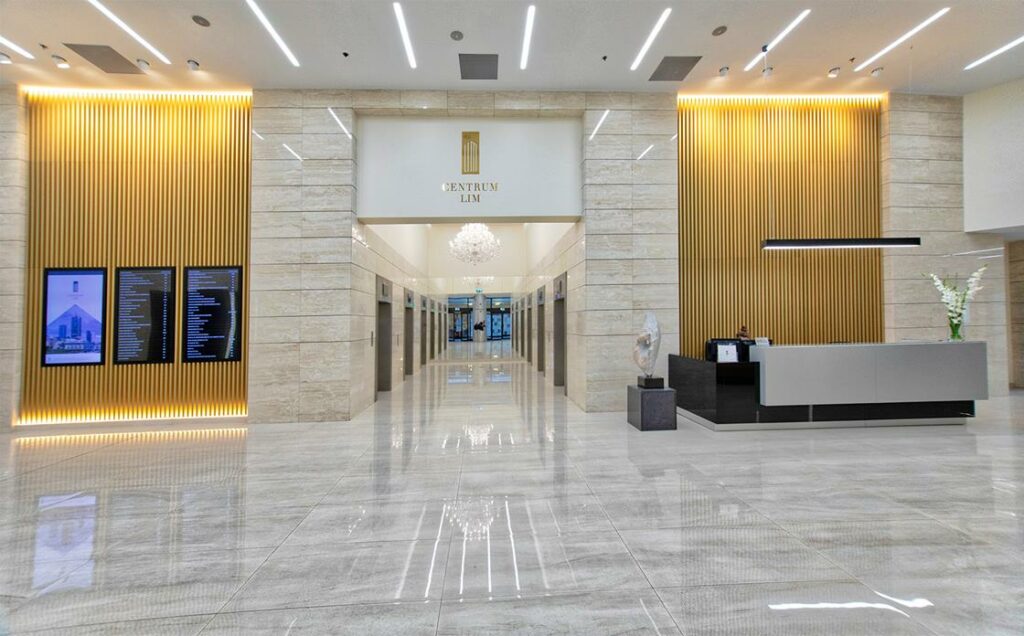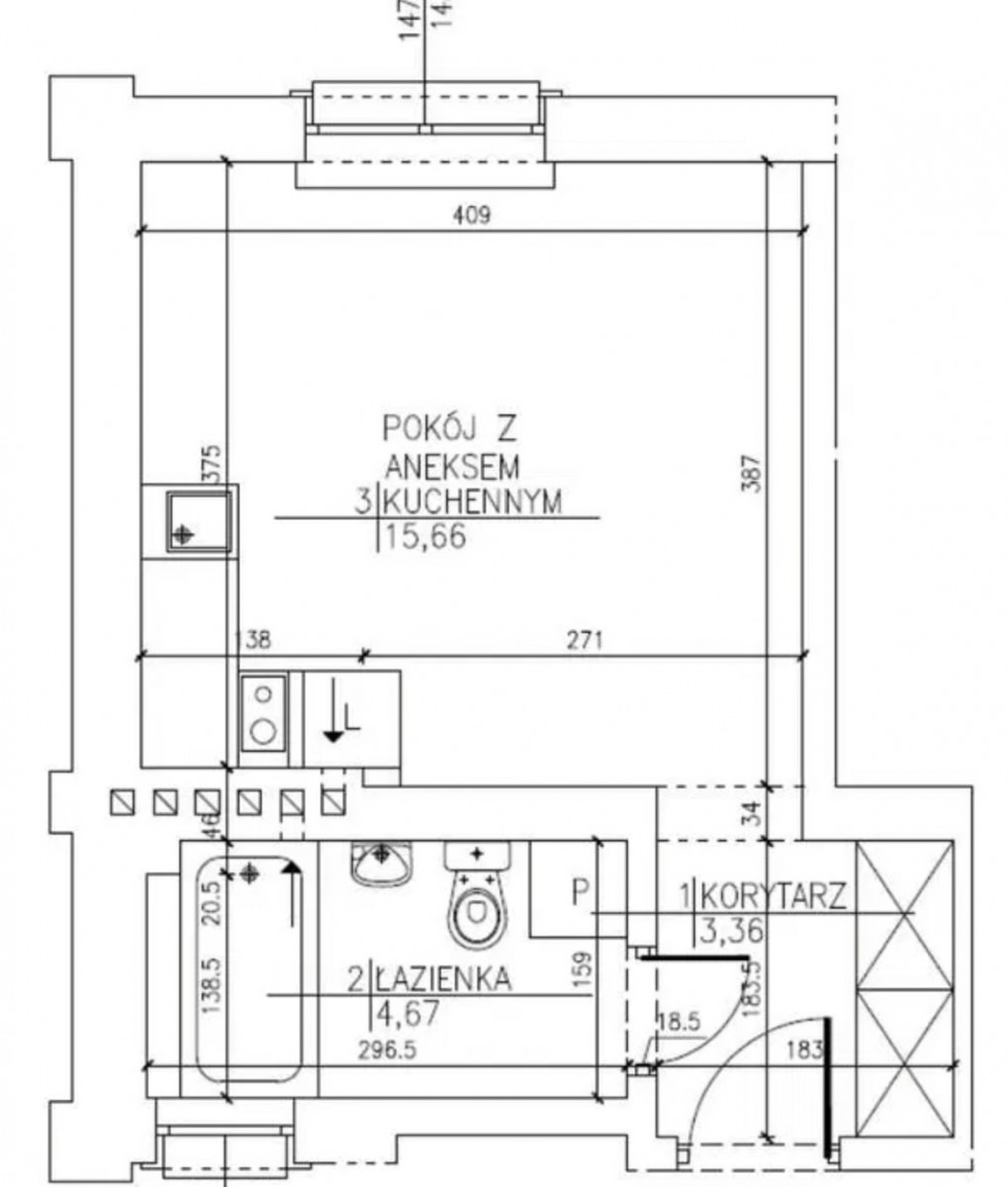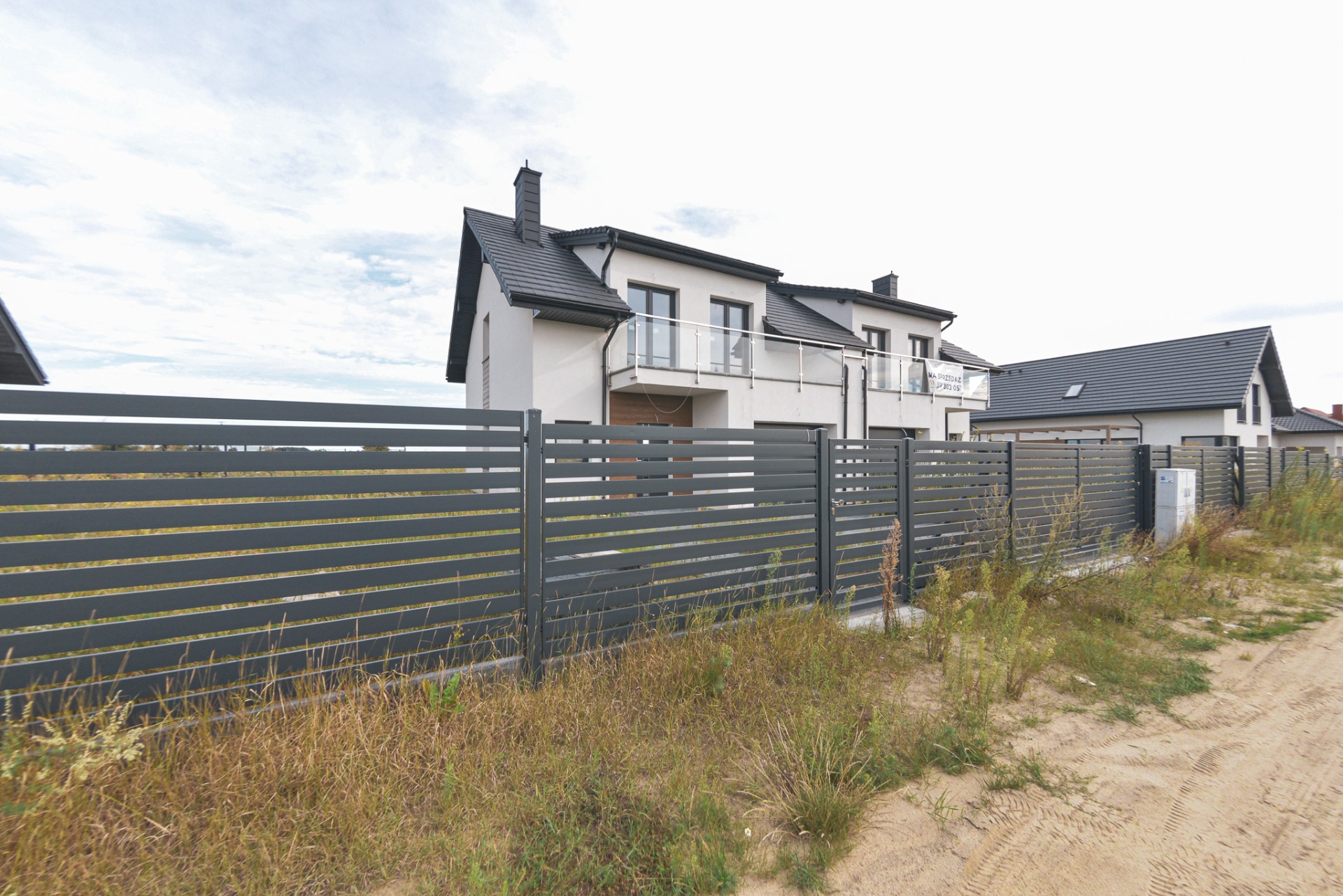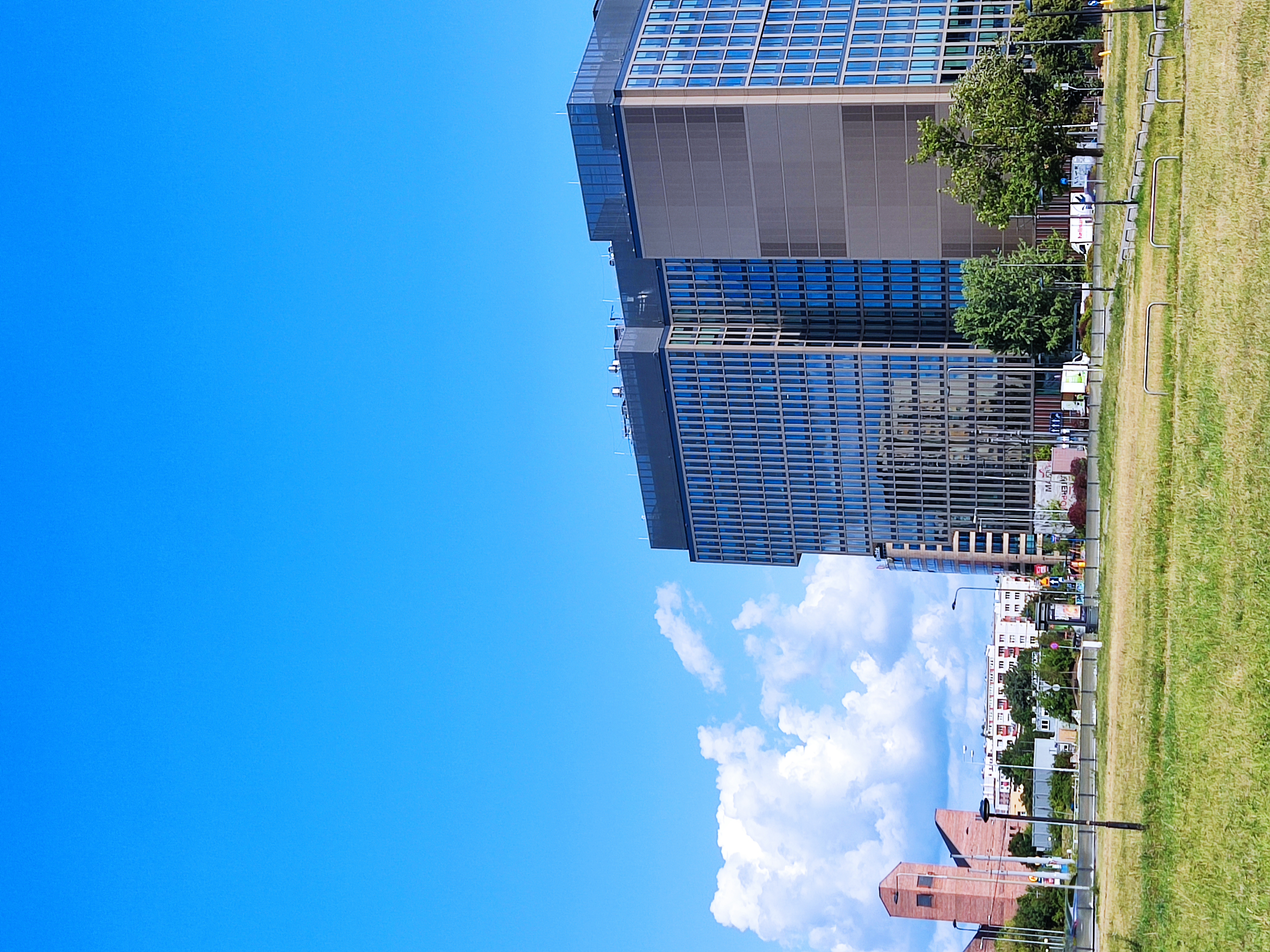Commercial real estate in Poland in the II quarter of 2021

Commercial real estate in Poland in the II quarter of 2021
The commercial real estate market in Poland has been hit hard by the COVID-19 pandemic, and the related restrictions on commercial and corporate activities have affected rentals and real estate transactions. On April 27, 2021, the Council of Ministers of Poland adopted a draft amendment to the so-called “Covid Law”, the provisions of which provide for an 80% reduction in rent in shopping centers with an area of more than 2,000 square meters. sq m during the period of the ban on the work of shopping centers. However, within three months after the lifting of the ban on trade, it will be 50%. Some tenants, especially high-profile tenants, are taking advantage of the situation to negotiate further rent reductions.
Recently, there has been a development of small retail parks with a daily shopping profile. These are objects with a good location, with a properly selected set of tenants. Developers build them mainly in small towns. According to market information, there are about 700 small retail chains in Poland, and their resources are estimated at about 2 million square meters.
Remote work and e-commerce are still in demand, which contributes to the strong development of the warehouse market.
Imbalances increased in the office real estate markets in Q2 2021 as a result of the excess of the supply of leased space over the demand for it. The supply of new space and space under construction is still high, but there is less tenant activity on the market. At the end of the period under review, the total supply of office space in the nine largest office markets was about 12 million square meters, of which about 1.2 million square meters were under construction. There are nine office markets in the country: Warsaw, Krakow, Wroclaw, Tricity, Katowice, Lodz, Poznan, Szczecin and Lublin.
The share of vacant space in these markets as a whole increased to 12.9% compared to 12.1% at the end of the first quarter of 2021, and in Warsaw to 12.5% compared to 11.4% in the first quarter of 2021.
The construction of almost 10% additional space creates significant competition for tenants, especially for older buildings. As a result, in addition to increasing the number of areas, we will see the withdrawal of these premises from the market and the transformation of the market into a modern and attractive one.
The commercial sector continued to feel the effects of the COVID-19 pandemic in the second quarter of 2021, which coincided with the development of online commerce. Inventory of modern retail space at the end of Q2 2021 amounted to more than 12.2 million square meters, which corresponds to a saturation of 318 square meters per 1,000 inhabitants (estimated to be 15% lower than the average for the European Union).
About 380 thousand were built. sq.m of modern retail space. This low growth in new space may mean that investors believe the market is saturated. Thus, the sector's challenge is to retain existing customers and, to a lesser extent, compete with new projects.
The market for modern warehouse space in Poland continued to develop dynamically, supply and demand also remained high. Unlike the retail market, today's warehouse space market is benefiting from changes in consumer habits. The segment of warehouses located in urban areas, including fairly close ones, is dynamically developing in order to reduce the delivery time of products to the buyer. The share of vacant space in the country continued to decline to 5.6% compared to 6.5% in Q1 2021.
The estimated value of transactions with commercial real estate acquired for investment purposes, i.e. for renting out, in the second quarter of 2021 amounted to about 2.1 billion euros. Approximately 37.3% of the transaction amount was for warehouse space, 32% for office space, and only 8.3% of transactions were for commercial space.
The amount of loans for storage and production facilities increased to PLN 10.1 billion. On the other hand, the amount of loans issued for other real estate amounted to PLN 15.3 billion.
The second form of banking risk is loans taken by enterprises for various purposes, but secured by real estate. The value of loans to enterprises secured by commercial real estate at the end of the second quarter of 2021 amounted to PLN 134 billion, i.e. decreased by PLN 4 billion compared to the previous quarter. Of these loans, 38% were denominated in euros. The decrease in debt compared to the 3rd quarter is mainly due to the repayment of loans.
The NPL ratio for housing loans decreased to 15.5% from 18.0% in Q1 2021. The relatively high value of this ratio is mainly due to the servicing of problem loans by banks in previous years.
In the small office space markets, the average asking price in Poland and most major cities has risen slightly. Only Poznań and Wrocław saw a slight decline. Also for smaller retail and office space, a slight increase in the average asking price was recorded in most major cities.
Blog


How many refugees from Ukraine want to stay in Poland?
How many refugees from Ukraine want to stay in Poland?






